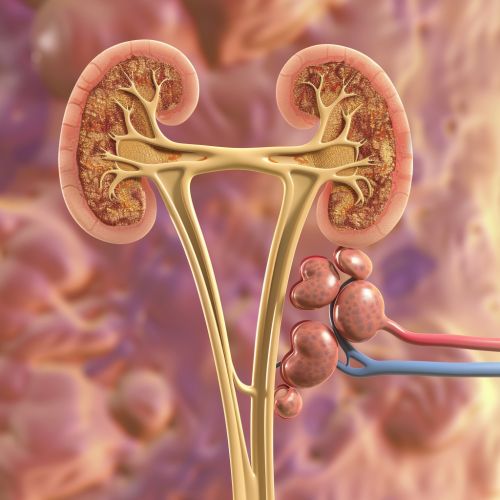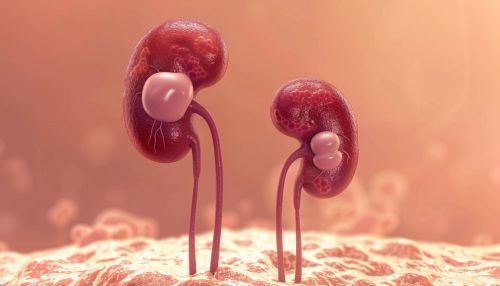Acute Kidney Injury
Definition and Classification
Acute Kidney Injury (AKI), previously known as acute renal failure, is a sudden episode of kidney failure or kidney damage that happens within a few hours or a few days. AKI causes a build-up of waste products in your blood and makes it hard for your kidneys to keep the right balance of fluids in your body. Kidneys are vital organs that perform several functions, including filtering waste and excess fluids from the blood, which are then excreted in the urine.
AKI is classified into three stages based on the increase in serum creatinine level and the decrease in urine output. The RIFLE (Risk, Injury, Failure, Loss, and End-stage kidney disease) and the Acute Kidney Injury Network (AKIN) criteria are commonly used for classification.


Causes
The causes of AKI can be divided into three categories: prerenal, intrinsic, and postrenal. Prerenal causes are factors that reduce systemic circulation, causing reduced blood flow and oxygen delivery to the kidney. These include dehydration, blood loss, and sepsis. Intrinsic causes are due to damage to the kidney tissue itself, caused by ischemia, toxins, drugs, or infection. Postrenal causes are due to obstruction of urine flow, which can occur anywhere from the calyces of the kidney to the urethral meatus.
Symptoms and Signs
The symptoms and signs of AKI can vary depending on the cause and severity of the condition. They may include decreased urine output, fluid retention leading to swelling in the legs, ankles or feet, shortness of breath, fatigue, confusion, nausea, chest pain or pressure, seizures, or even coma in severe cases.
Diagnosis
The diagnosis of AKI is typically based on laboratory findings of increased blood urea nitrogen (BUN) and creatinine levels. Other tests may include urine tests, imaging tests such as ultrasound, and in some cases, kidney biopsy.
Treatment
The treatment of AKI primarily focuses on treating the underlying cause and preventing complications. This may include medications to balance the amount of fluids in your blood, medications to control blood potassium levels, temporary hemodialysis to remove toxins from your blood, and in severe cases, kidney transplant.
Prognosis
The prognosis of AKI varies depending on the patient's age, overall health, and the severity of the AKI. Some people may recover normal kidney function, but others may suffer permanent kidney damage or even death.
Prevention
Prevention of AKI involves managing risk factors such as maintaining good hydration, avoiding nephrotoxic drugs, and managing chronic conditions such as diabetes and high blood pressure.
